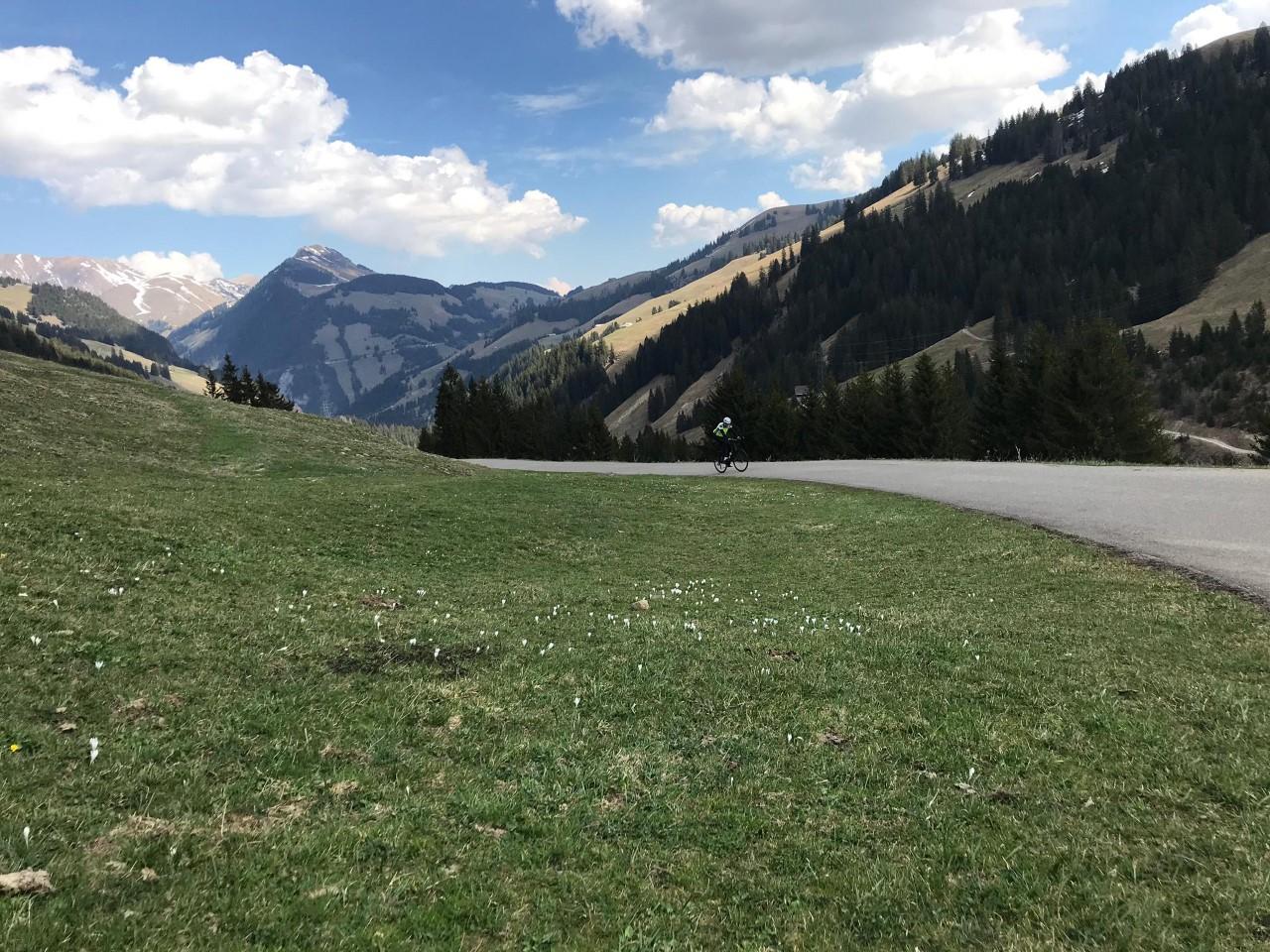I have the mountains to myself this summer

I would like to share them with you, but you may have to wait a while.
The Swiss tourist industry received a bit of good news last week when the government announced that restaurants could re-open from mid-May, and, if coronavirus infection rates remain low, other tourist infrastructure could resume operations in June.
But, with borders still closed, the very English mountain resort of Wengen and its hotels with names like Victoria and Regina will be, well, a lot less English. The high street of Interlaken will be void of visitors from the Gulf States, India and China, so the strip’s luxury watch shops will be largely void of customers. And the cosmopolitan resort of St Moritz with its distinctly Italian flair will be distinctly less Italian.
Welcome to the new normal of tourism. As Europe slowly emerges from its self-imposed house arrest (some countries stricter than others), citizens will resume their summer vacation planning, taking advantage of their regained, albeit limited, freedom of movement.
The optimists will see an opportunity to explore sights closer to home, and if the places are world famous – be they cities, mountains or seashores – without the usual tourist hordes.
Environmentalists have welcomed the improvements to the climate and, here in the Alps, greeted the respite given to mountain wildlife when the ski season ended a month early.
On the other hand, the glass will be half empty for those who in the past took every opportunity to travel abroad. There were certainly a lot of us, about 1.5 billion last year, according to the World Tourism Organization.
Clearly, global travellers and everyone whose livelihood depends on tourism are peering into a half-empty glass. Combined with domestic travel, tourism was valued at $1.5 trillion (CHF1.45 trillion) last year, or 30% of the world’s exports of services.
The industry became so big that a new word entered our vocabulary to describe the strain placed on must-see sights: “overtourism”.
I wonder what the coronavirus-induced collapse, at least in the short term, will mean particularly for the travel industry in the Swiss Alps.
Buzzwords
The buzzword “staycation” could make us forget “overtourism”, but that could be a bad omen for places that have depended on large groups from abroad such as Interlaken, Lucerne and Zermatt. Last year, foreign visitors accounted for about two-thirds of all nights spent in the hotels in Interlaken and the surrounding mountain resorts.
The Swiss government has appealed to the population to support local tourism by holidaying at home this summer – as if we had a choice. Even so, there are simply not enough of us to fill all the hotels and restaurants, nor can we be expected to see and do the same things.
In a recent article in my local newspaper, a tourism expert, Monika Bandi from the University of Bern, described the Swiss “staycation” approach: People will make a lot of day trips, going for walks in the mountains or spending a few hours lazing lakeside, she said. It’s also likely that Swiss hikers, when they do venture further from home, will spend time in less touristy parts of the Alps that they’ve always wanted to see but never got round to visiting, contributing like never before to the local economies.
But there’s a catch. While restaurants can re-open to offer limited seating in respect of social distancing guidelines, there’s been no word yet when other tourist infrastructure can start up again. Thousands of cable cars, gondolas and chairlifts are strung across the Swiss Alps, transporting hikers in summer and skiers in winter, making the Alps accessible for all. If they don’t go back into operation, a mountain holiday becomes a lot less attractive.
Among the people waiting for a decision from the government with bated breath are the wardens of mountain huts, who serve up simple but hearty meals to day-trippers and offer half-board lodging for hikers and climbers. Later this week, we will profile a few of the huts to give you an impression of the challenges of living and working at altitude.
If you’ve ever spent time at a Swiss alpine refuge, what was your experience like? More importantly, do you plan on coming back if the new normal ever reverts to the old normal? Let me know dale.bechtel@swissinfo.ch
You can follow me on Twitter @dalebechtelExternal link.
Sign up! Move mountains, and their stories, into your inbox

In compliance with the JTI standards
More: SWI swissinfo.ch certified by the Journalism Trust Initiative

You can find an overview of ongoing debates with our journalists here. Please join us!
If you want to start a conversation about a topic raised in this article or want to report factual errors, email us at english@swissinfo.ch.